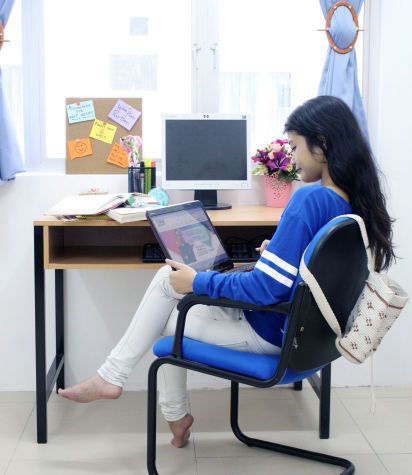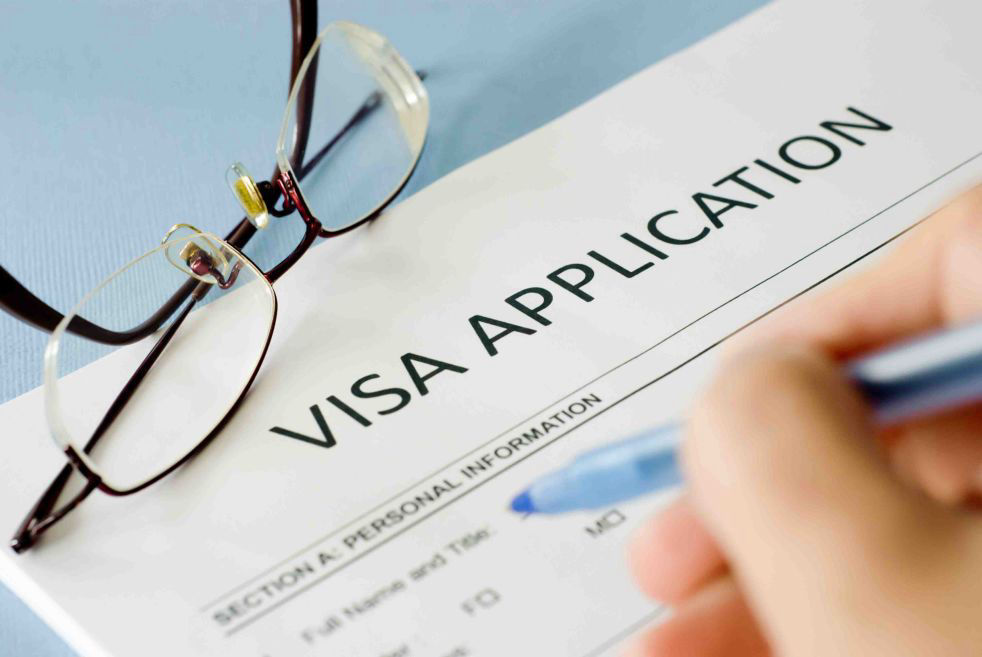
Studying in Bulgaria is good value for money – costs here are lower than in all European countries, also the USA, Canada and Australia
| NAME | AGE |
|---|---|
| Bulgaria Population: | 7504868 |
| Urban population: | 73% |
| Capital: | Sofia |
| Area: | 110 910 square kilometers / 42 822 square kilometers |
| Climate: | Moderate Continental and Mediterranean |
| Languages: | Bulgarian – official language 85.2%
Turkish 9.1% Other languages English, German, French, Spanish, Russian |
| Religions: | Orthodox Christianity 76%
Islam 10% Other 9.3% |
| Currency: | Bulgarian Lev (BGN), pegged to the euro at 1.95583 |
Study Bulgarian language for 2 semesters (preparation year) and study degree program in the Bulgarian language.
All Bulgarian universities provide preparation year in their campuses. The tuition fee is between € 2,000 and € 3,500 per year depending on the university and town.
Apply directly for a program in a foreign language.
International students pay tuition fees which are determined annually in euros.
Tuition fees are different for EU Citizens and Non-EU Citizens.
Tuition fees are different for EU Citizens and Non-EU Citizens.
EU Citizens: the tuition fee is between € 300 and € 1,700 per year depending on the university and town
Non-EU Citizens: the tuition fee is between €1,750 and € 3850 per year depending on the university and town
Medicine, Veterinary Medicine and Pharmacy (full-time) tuition fee is between € 4,000 and € 7,700 per academic year
The degree programs in the Bulgarian language are almost €500 less than the programs in a foreign language. You need to make research in advance (state and private universities).


The general cost of living in Bulgaria is not high compared to other European countries. Find out useful information about an estimate of the monthly living costs for students and make your own calculation.
On average, life in Bulgaria is 55 – 60% cheaper than in the north of Europe.
The cost of living in Bulgaria is approximately 47% lower than in the United States.
The exchange rate is fixed: € 1 = BGN 1,95583. That means you will not be surprised with a variable value of your income.
| NAME | NAME |
|---|---|
| Cappuccino (regular) | €1.00 |
| Milk (regular), (1 liter) | €1.00 |
| Loaf of Fresh White Bread (500 g) | €0.50 |
| Rice (white), (1 kg) | €1.10 |
| Eggs (regular) (12) | €1.50 |
| Local Cheese (1kg) | €3.50 |
| Beef Round (1kg) (or Equivalent Back Leg Red Meat) | €7.00 |
| Apples (1kg) | €1.20 |
| Banana or Oranges (1kg) | €1.30 |
| Tomato (1kg) | €1.50 |
| Potato (1kg) | €0.50 |
| Water (1.5 liter bottle) | €1.00 |
| Cigarettes 20 Pack (Marlboro) | €2.80 |
| One-way Ticket (Local Transport) | €0.80 |
| Monthly Pass (Regular Price) | €25.00 |
| Basic (Electricity, Heating, Cooling, Water, Garbage) for 85m2 Apartment | €80.00 |
| Internet (60 Mbps or More, Unlimited Data, Cable/ADSL) | €10.00 |
| Fitness Club, Monthly Fee for 1 Adult | €25.00 |
| Cinema, International Release, 1 Seat | €6.00 |
| Apartment (1 bedroom) in City Centre | €250.00 |
| Apartment (1 bedroom) Outside of Centre | €180.00 |
| Apartment (3 bedrooms) in City Centre | €450.00 |
| Apartment (3 bedrooms) Outside of Centre | €340.00 |

Most of the Bulgarian universities offer accommodation to their students in the University’s residences at relatively low monthly prices (approximately 50 – 120 BGN) and cheap food in the student canteens, as well.

If you are an EU/EEA citizen you are entitled to free health care in Bulgaria on the basis of E-111 form or of the European Health Insurance Card both issued in your home country. In case of medical care needed you have to present one of these documents together with your personal ID document.
If you come from a non-EU/EEA country you should arrange for health insurance documents in your home country before visiting Bulgaria. According to Bulgarian health regulations foreign students have to pay for any medical consultation or help. After you return the costs will be reimbursed by the health insurance company.

All Bulgarian universities offer access to rich own libraries for their students. All necessary materials for studying are given.
If you are an EU/EEA student you can enter Bulgaria with your ID document. If your stay exceeds 3 months you will have to obtain a temporary residence permit from the local police administration department.

If you come from a non-EU/EEA country you can enter Bulgaria on the basis of a valid passport and a visa. The visa can be obtained from the Bulgarian consulate in your country of residence. Detailed information is available at all Bulgarian consulates in Europe.
Non-EU/EEA citizens
Non-EU/EEA citizens visiting Bulgaria for education and specialization are invited to submit at the Consular section of the Bulgarian Embassy in their country of residence a document that confirms the purpose of their visit in Bulgarian. The document (Udostoverenie) for a long-term visa (type D) is to be issued by the Bulgarian Ministry of Education and Science after the University has sent the complete set of the application documents of the approved candidate.
When an application for a long-stay visa (visa type D), a charge of 100 euro shall be collected, unless otherwise provided for by law, by an international treaty whereto the Republic of Bulgaria is a party, by an EU legal instrument or by an instrument of the Council of Ministers.
In order to be a student in Bulgaria, you must have a Bulgarian ID card. You may obtain one only if you enter Bulgaria with a student visa (type D).